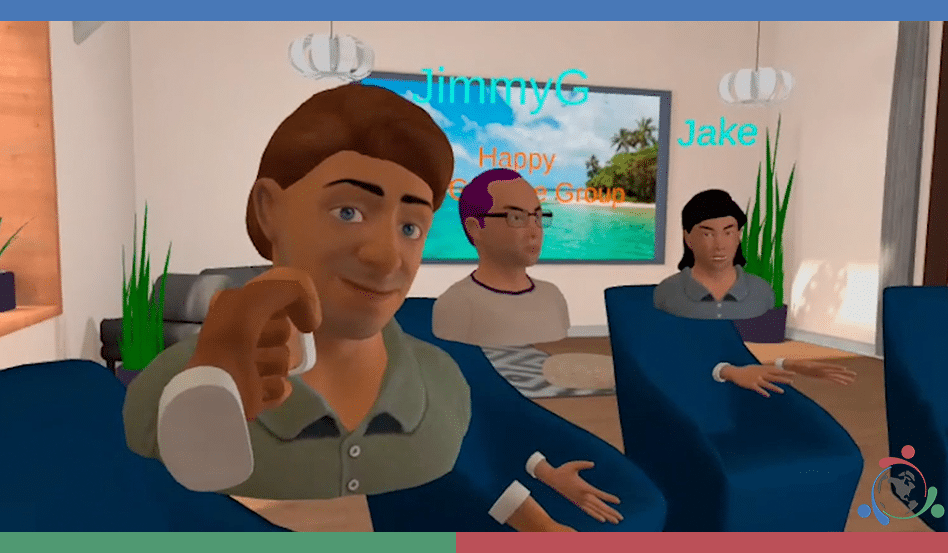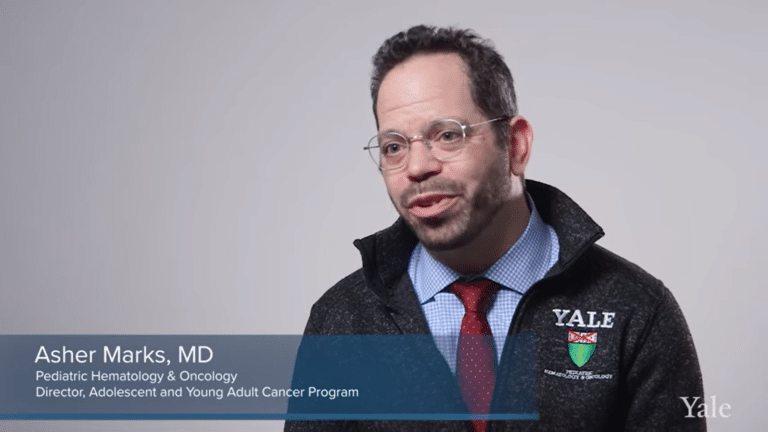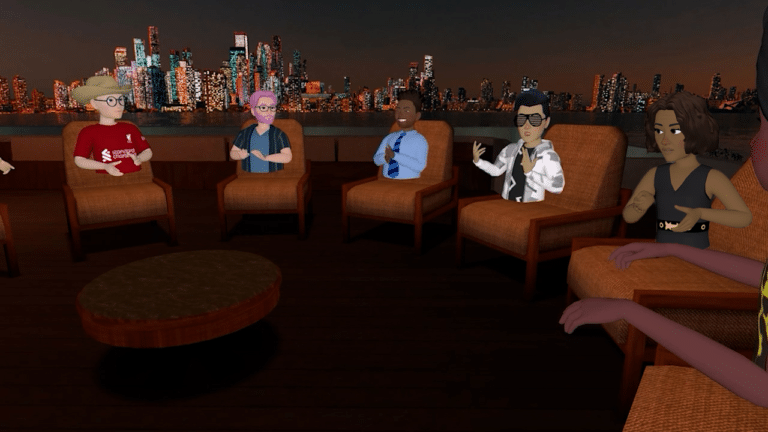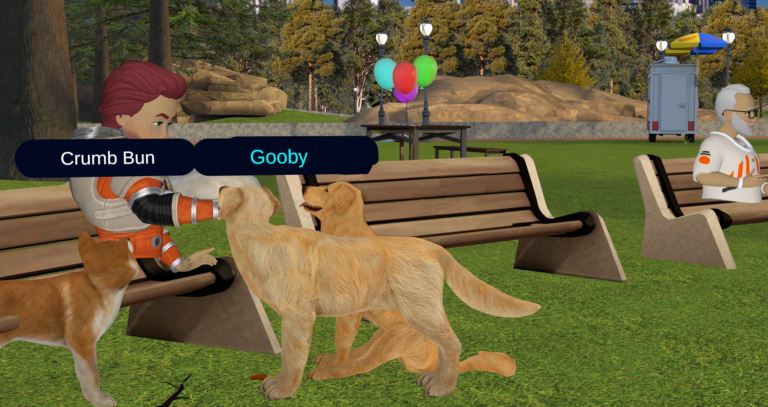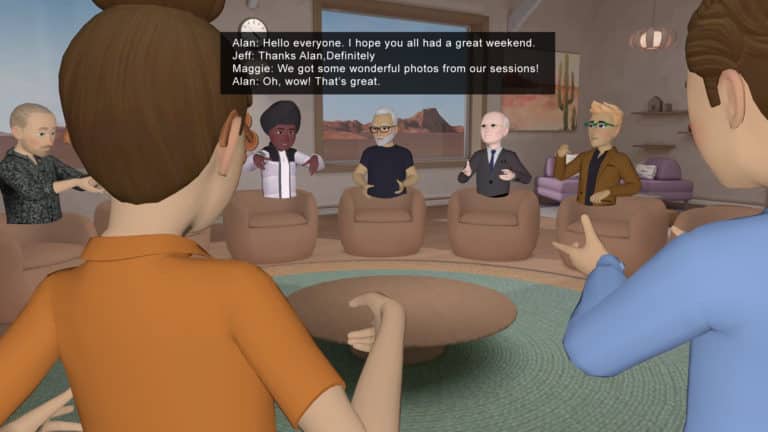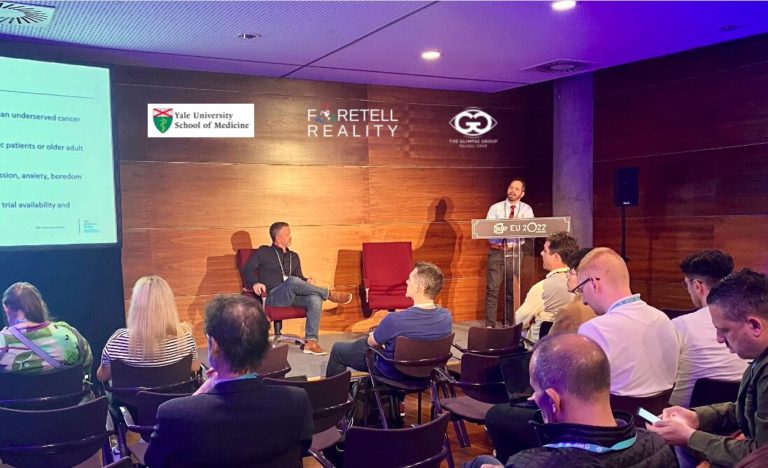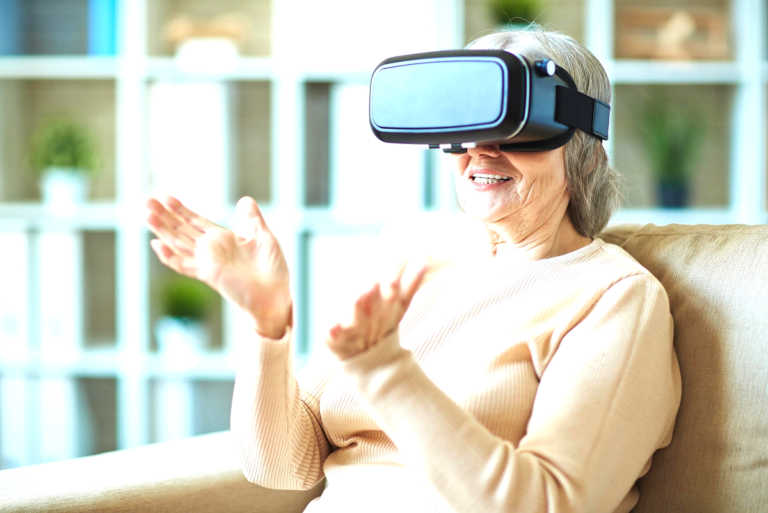When isolating inside for the collective wellbeing of humanity, it’s easy to feel down without the stimulation of being able to constantly interact with others. Virtual Reality (VR) simulations present a unique opportunity in helping people connect. Video interviews and work conferences through VR are becoming increasingly popular and allow you to feel more immersed in your work environment. Being able to see your colleagues and interact, even if only virtually, creates a greater sense of community that can’t be communicated over the phone or even through Zoom calls.
VR technology is also incredibly powerful in its ability to create an interactive classroom setting. With a VR headset, there are no incoming distractions from the outside world. Students can continue to learn distraction-free without worry of exposing themselves to COVID-19. Additionally, sites such as opencolleges.edu show that VR improves student’s motivation so that they feel more inclined to make the most of their learning experiences.
It’s also important to acknowledge how VR is shifting the realm of psychology and what this means for psychologists to interact with their patients. Psychologists are working with VR to develop experiments in which they can create studies that allow them to have control over a variety of social scenarios. They can create virtual avatars that all look the same to control all the variables. They can then test them against each other and find out how to better reach and communicate with certain people.
A recent study focused specifically around this premise. In the study they concluded the utility of VR for psychology by acknowledging the context of VR in the psychological realm, exploring the hardware itself, and analyzing various projects and systems that are combining psychology and VR/AI. A cool example included a socially aware robot assistant (SARA) created by the ArticuLab at Carnegie Mellon University that is able to “recognize both non-verbal (visual and vocal) and verbal signals and utilizes AI to form her answer”.
VR can also be used to connect with a therapist or with a therapy group during this time. These sessions can often be even more convenient and effective than an-in person sessions, and are particularly useful in this time of isolation.
VR is not only expanding technology, but the field of psychology. It demonstrates how we are adapting to these isolating times and creating new and effective ways to interact with others. Talking to friends and teachers is easier than ever before thanks to VR, and technology is continuing to evolve, leading to endless possibilities. Companies such as Foretell Reality see the opportunities this pandemic gives to create new ways of interacting that can benefit everyone in more convenient ways than ever before.


